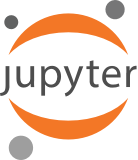Red Hat AI
Accelerate the development and deployment of enterprise AI solutions across the hybrid cloud.

Red Hat AI use cases
Discover what’s possible with Red Hat AI.
Build, migrate, and run machine learning and predictive AI models
Build machine learning models on your own and leverage advanced AI tooling for delivering predictive models. Red Hat AI also provides support for ITOps teams that want to manage and run models from a Kubernetes-based platform.
Build, deliver, and run generative AI applications
For gen AI to work effectively for your business, it must be customized to fit your needs and operate on your terms. Get access to a supported, enterprise version of open source tools and technologies for the AI lifecycle.

Safeguard your data with private AI
Red Hat AI provides support for both predictive and generative AI model development and delivery, whether in on-premise data centers or in your own private cloud. Red Hat AI helps reduce the risk of exposing sensitive data by providing support for on-premise and air-gapped deployments.
Operationalize your AI models
Accelerate your move from experimentation to production with the tools you need to automate the model life cycle. Red Hat AI streamlines model training, validation, storing, and serving by combining MLOps and DevOps capabilities in a single platform.

Multi-architecture AI deployments
Red Hat AI provides support for multi-cloud, hybrid cloud, and hardware acceleration architectures to ensure high-performance stability and scalability across various infrastructures.
Featured Red Hat AI blogs & articles
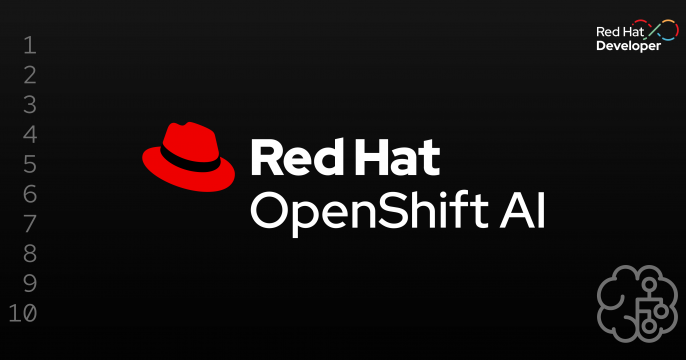
Learn how to build a ModelCar container image and deploy it with OpenShift AI.

Learn how to install the Red Hat OpenShift AI operator and its components in...

Learn how to integrate NVIDIA NIM with OpenShift AI to build, deploy, and...
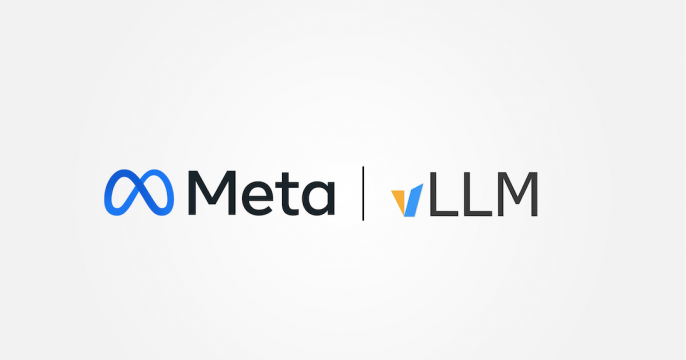
Discover the new Llama 4 Scout and Llama 4 Maverick models from Meta, with...
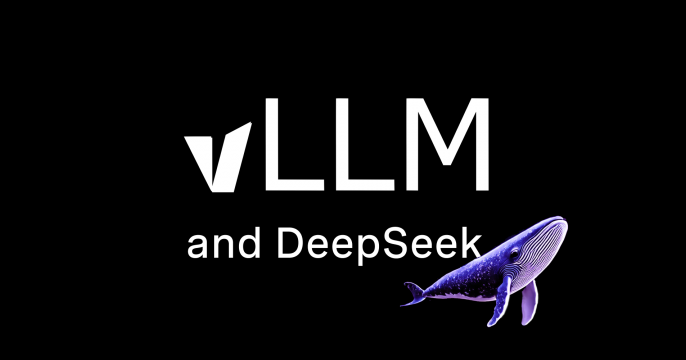
Explore inference performance improvements that help vLLM serve DeepSeek AI...
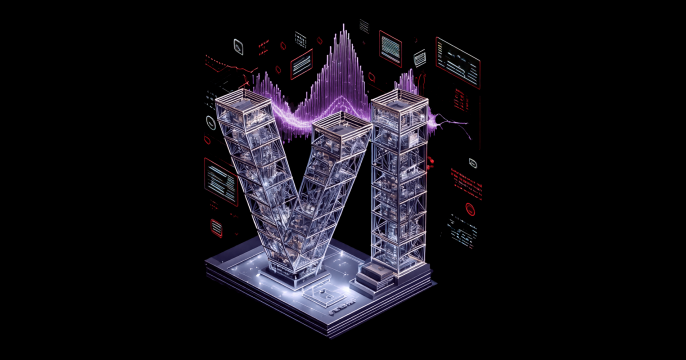
Explore how vLLM's new multimodal AI inference capabilities enhance...
Ready to use Red Hat AI in production?
Take your deployment to the next level. Transitioning to production with Red Hat AI offers you enhanced stability, security, and support. Our dedicated team is here to ensure a smooth migration and to help with any questions you may have.






